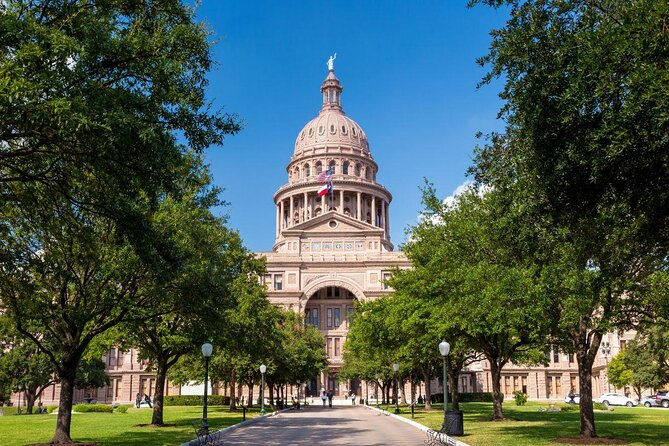Texas Senate Bills Against Neighborhoods
- Woodgate Neighbors
- Mar 10
- 3 min read

The assault on our Texas neighborhoods by the Texas Legislature has begun, and we are requesting that you make 6 calls on Monday to the members of the Texas Senate Local Government Committee - ask that they vote to reject SB 15, SB 673, SB 854 and SB 840. This should take less than 10 minutes of your time. A sample script and phone numbers are provided below.
What's happening? On Friday afternoon, the Senate Local Government Committee published an agenda for hearings to be held tomorrow at 2pm in Austin and includes several anti-neighborhood bills. Our coalition leaders scrambled, and we'll have several speakers there to speak in opposition, but they need your help.
Why is this important? Some of the bills kill single-family neighborhoods while others effectively increase our tax rates. All trample on the principle of control of local governments who know the community and are easily accessible to voters. Here is an overview of the bills. After my signature I've included additional insights on the four bills in question.
Who to Call? The Senate members of the Local Government Committee:
Paul Bettencourt - 512- 463-0107
Mayes Middleton 409- 621-5060
Molly Cook - 512-463-0115
Roland Gutierrez - 512-463-0119
Angela Paxton - 512-463-0108
Royce West - 512-463-0123
What to Say - Sample Script: My name is ___ and I live in ___ and I vote. I am a member and supporter of the TX Neighborhood Coalition. I urge you to REJECT "preemption" bills that negatively impact residential neighborhoods, such as those forcing increased density through accessory dwelling units (ADUs) and mini-lots. Such pre-emption bills severely limit the power of cities to protect our residential quality of life. I also have concerns that SB 840 will raise my real estate taxes as a homeowner. I urge the Senator to reject SB 15, SB 673, SB 854 and SB 840
Additional Info on the bills:
SB 673 would effectively kill single-family zoning everywhere in Texas by forcing all cities to allow on all single-family zoned lots second dwellings, opaquely called “accessory dwelling units” or “ADUs”– even if the neighborhood had been zoned as single family long ago. For the owner of a lot (think developer/speculator) to have the absolute right to build second homes on every lot in your neighborhood, the lot for the accessory dwelling units need only be 800 square feet. And the city could not forbid the ADU from being in the front or side yard. The allowable setback from the street can be no more than a mere five (5) feet. What a mess!
A second bill, SB854, would force all cities to allow multi-family or mixed-use development (think apartments and retail) on any land owned or rented by a religious organization – even if that land is surrounded by a single-family zoned neighborhood.
In short, either of these two bills, if passed, would wreck established neighborhoods across the state.
SB 15 would mandate that cities allow mini-lots (no more than 2,500 square feet), in the places where most Texans live, that is in cities with populations >90,000. It would only apply to new neighborhoods. However, it would tie a city’s hands to plan future neighborhoods where Texans have the option of living in larger lots with enough room for privacy. Other bills, mentioned below in the proposed call script, have their own set of problems. All trample on the principle of control of local governments who know the community and are easily accessible to voters.
SB 840 allows developers to convert any commercial property to multi-family and mixed use "by right." Cities work to reduce the tax burden on residents by increasing the percentage of property and sales tax from commercial properties. Eliminating commercial properties, particularly in cities that are nearly built out, has the unintended consequence of becoming a tax increase to residents. "By right" conversion also forces cities to upgrade infrastructure that wasn't planned in budgets, thereby adding costs to cities (and its residents). It's a "double whammy" to cities and residents - more costs and less commercial tax revenue. Each city should decide if and where this makes sense.

Comments